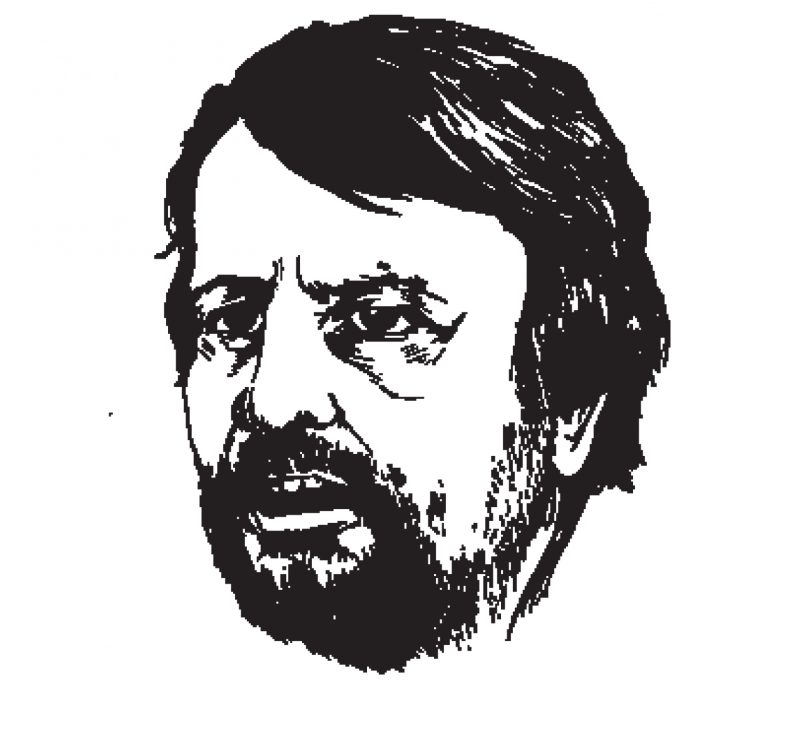Slavoj Žižek is as paradoxical as his world-renowned work, as much a serious intellectual as a comedian. Were it not for his vivid examples drawn from popular culture, the tangential though insightful ideas in his many books would be lost on the world and limited to a select few. He is an expert in Lacan, Stalin, Hitchcock, and Christianity, and coming from Slovenia has a fresh, surprising response to Western consumer products. He is a favorite speaker in Ivy League academia and in the contemporary art world, though he attacks them both.
He is the Senior Researcher at the Institute of Social Studies, University of Ljubljana, as well as the author of a dozen books of criticism including Looking Awry: An Introduction to Jacques Lacan through Popular Culture, On Belief, The Ticklish Subject, The Plague of Fantasies, The Sublime Object of Ideology, and The Puppet and the Dwarf. His most recent book, Iraq: The Borrowed Kettle, is an analysis of the strange logic that was used to justify the attack on Iraq.
My interview was typical of a conversation with Žižek: a conflicting competition to stop his rapid speech and jump in with my own ideas versus the fascination of listening to how his mind unfolds. I am still not sure which side won.
I will just say that Žižek, though tough to describe on paper, can be perhaps best encapsulated by what he once told me of going to the movies in a Chicago multiplex. “It included half mainstream Hollywood theaters and half art theaters. It is beautiful; when my friends drop me off, I can play the intellectual and say that I am going to see the new independent film, and then when they are not looking, I will run to see the blockbuster.”
—Dianna Dilworth
I. WHY STALINISM WAS MORE PERVERSE THAN NAZISM
THE BELIEVER: You have raised many eyebrows with your controversial rethinking of today’s accepted positions in philosophy. For example, you have said that Stalinism is worse than Nazism, despite the grand spectacle of the Holocaust. Can you describe your interest in Stalin here and why you think that his regime is a greater problem philosophically than Nazism?
SLAVOJ ŽIŽEK: It was typical in philosophy after World War II to evoke Nazism and the Holocaust as the most radical evil. You cannot comprehend it with any rational strategy. The idea is also that the experience of the Holocaust is something which undermines the entire traditional philosophy, which was basically the divine regulation, the idea that even if things appear thwarted, failed, and so on, ultimately, in some kind of rational...
You have reached your article limit
Sign up for a digital subscription and continue reading all new issues, plus our entire archives, for just $1.50/month.
Already a subscriber? Sign in





